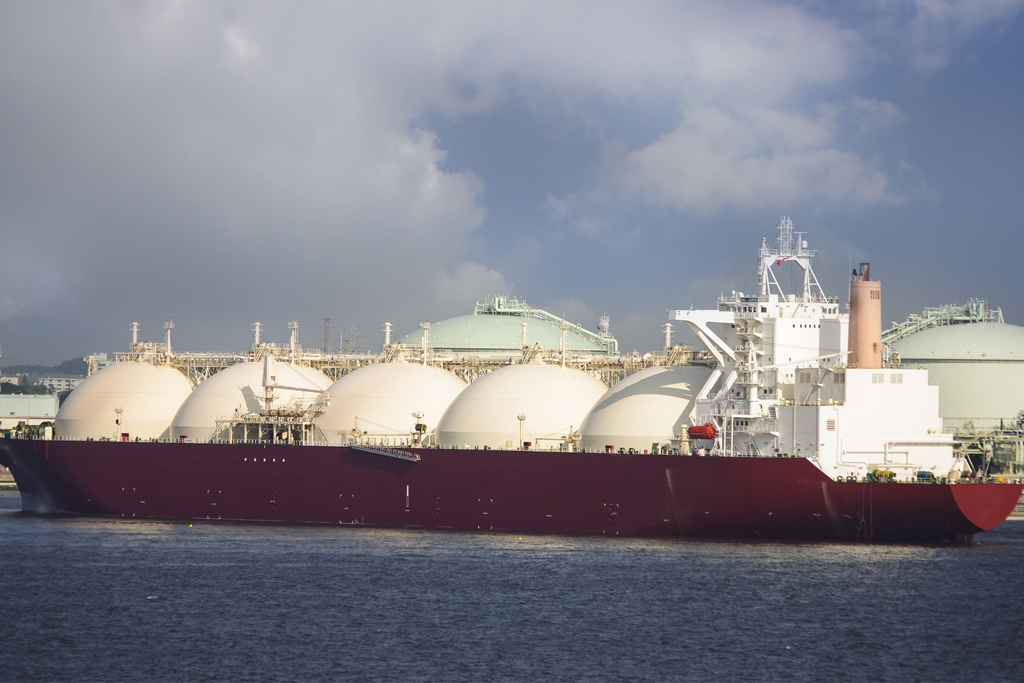
We spent this morning chatting with a couple news reporters about Shell’s decision to buy BG and figured a blog post around it may be interesting. Given our work in natural gas monetization, we believe that this transaction significantly strengthens Shell’s position in global LNG markets. First, it enhances the quality of Shell’s LNG supply footprint. Second, the deal improves Shell LNG’s cost position. Finally, it allows Shell to develop scale necessary to compete in an increasingly global (and less regional) gas market.
Enhanced supply footprint: Shell and BG have both pursued LNG projects globally but the combined entity will offer improved exposure to the hot spots. For example, while Shell was preparing to cancel its Arrow LNG project in Queensland, Australia, BG was busy commissioning its Queensland Curtis LNG (QC LNG) project. In the U.S. Gulf Coast, although BG has delayed final investment decision on its Lake Charles LNG project, it is still a player having contracted approximately six million tons per year of LNG from Cheniere’s Sabine Pass project, which is planned to start production by the end of 2015. Finally, in Western Canada, Shell has a better-positioned projected in LNG Canada although it is unlikely that it will be developed in the near term. In summary, the acquisition of BG improves Shell’s portfolio of LNG assets with projects that are already producing or closer to production in an environment that is increasingly fraught with the potential of oversupply.
Improved cost position: An improved supply portfolio as discussed above could also position Shell’s LNG with an improved cost position. In addition, synergies around gas supply will also help with costs. For example, gas supply challenges to BG’s QC LNG project will likely be resolved through Shell’s Arrow coal seam gas reserves. In addition to economic advantages that may stem from such value chain integration, it could also disadvantage competing LNG projects in the region by forcing them to find alternative supplies of gas and thereby improve the competitiveness of Shell’s LNG portfolio.
Building scale for a changing gas market: Finally, Shell will become the world’s largest producer of LNG after acquiring BG. Such scale will offer new opportunities to reduce costs, expand trading, and capitalize on emerging markets even as the world moves away from regional to a globally-integrated gas market.
In addition to strengthening Shell’s position in LNG markets, the acquisition of BG could provide additional benefits, e.g., from its deep water assets in Brazil, that we have not discussed. Similarly, we have not addressed associated risks including those around regulatory approvals as well as challenges associated with integration and scale given the size of both companies.
-Tyler Wilson and Uday Turaga




















